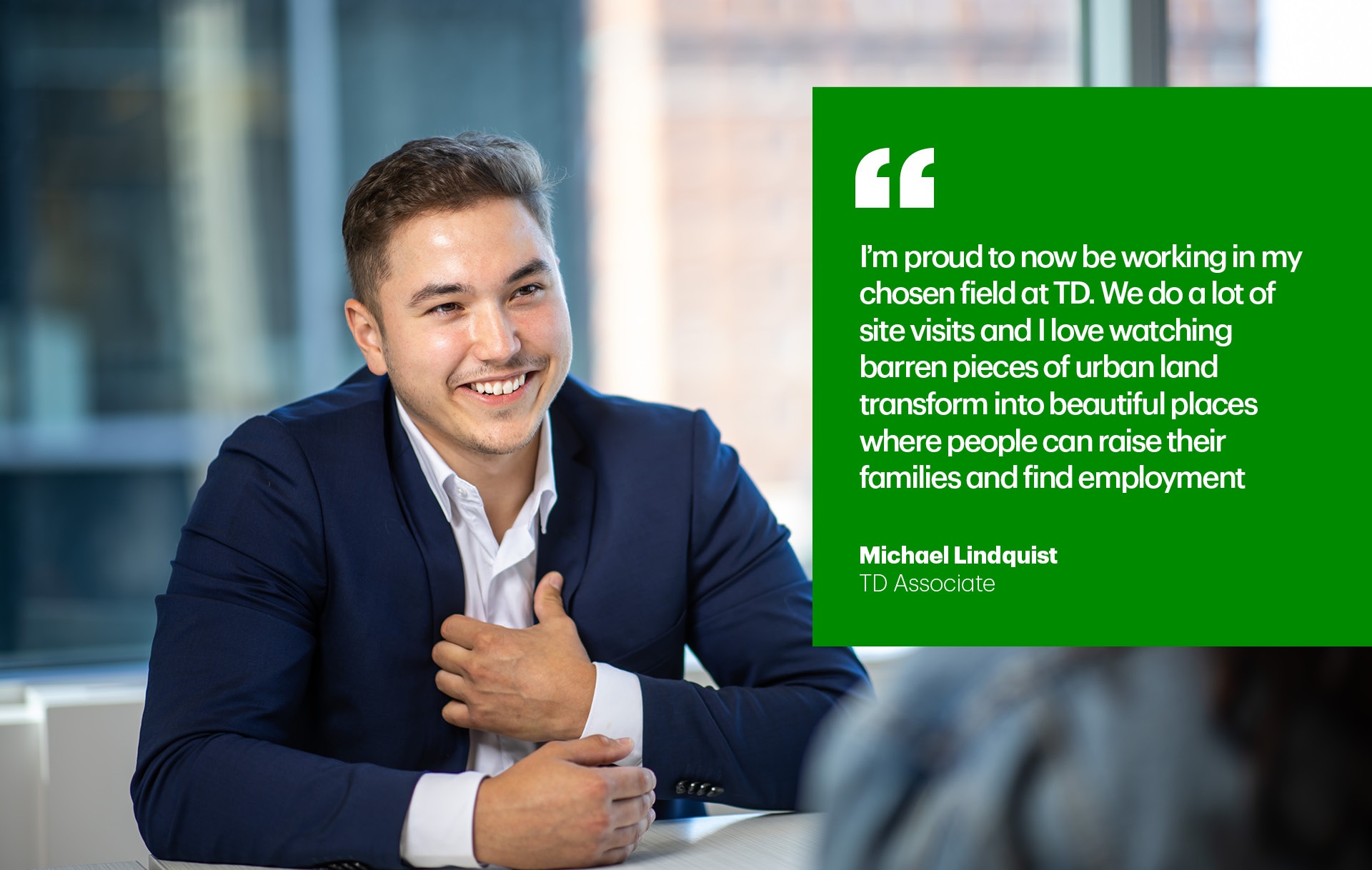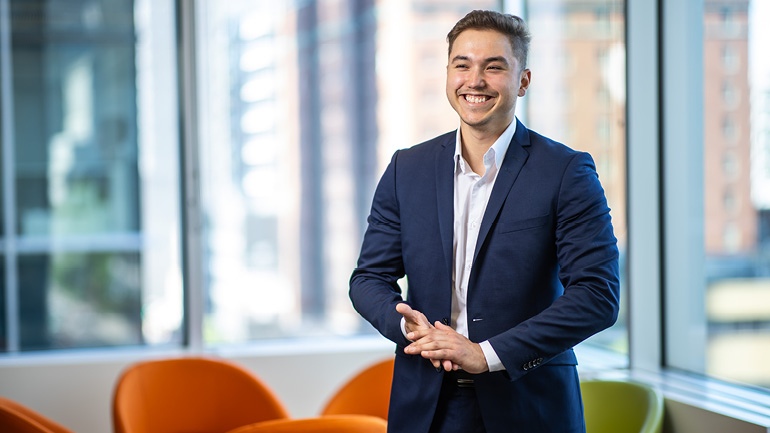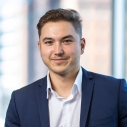I was about eight or nine-years-old the first time I stepped foot on a reserve.
I spent my early years in a quaint New England town called Lunenberg, about an hour away from Boston. At the end of grade two, my mom and I moved to the First Nations community of Gesgapegiag in the Gaspesie on Quebec's Gaspe Peninsula. My mom had grown up in Gesgapegiag.
To say I experienced culture shock would be an understatement.
I had come from an American suburb and was suddenly living in a rural area where the roads were dominated by pickup trucks, and everything seemed to revolve around hunting and salmon fishing.
School was different, too. I took subjects like math and science, along with Mi'kmaq language and culture, including a class known as Plamu — which in Mi'kmaq means "salmon" -- where we learned how to raise salmon eggs. We also learned about traditional fishing and hunting practices. At first, I couldn't stomach watching a salmon or deer being gutted.
I was caught between two worlds. Until then, I had grown up in a mostly white area of suburban America, playing Little League on weekends. Overnight I was in a new country, immersed in a new culture. But even though I had never before stepped foot on a reserve, moving to the Gaspesie felt like a homecoming, somewhere I could explore all parts of my identity and blaze my own trail.
Embracing my Indigenous heritage
Slowly, I learned to embrace this part of my Mi'kmaq heritage. Instead of seeking out the fast-food drive-thrus that dotted Lunenberg, I learned to live off the land – and respect its offerings. For generations, the Gaspesies has nurtured us, both physically and spiritually. We always consumed every part of an animal that we hunted and showed our appreciation for it thoroughly through rituals like prayers or offering tobacco.
Even though I now live in urban Montreal, my upbringing on the reserve continues to guide me. I seek to appreciate and make the most of the opportunities I'm granted – such as the chance to learn in my new role in the TD National Real Estate Group – and even though I'm still early in my career, I work hard to give back to Gesgapegiag so that the generation that comes after me can thrive.

Finding myself through education
When I was younger, my mom, who's now a Mi'kmaq teacher, drilled the importance of education into my head. I fell off track growing up, but that all changed after off-reserve school trips to visit CEGEPs (pre-university educational institutions in Quebec equivalent to grades 11 and 12 in the rest of Canada) and university campuses.
I vividly remember visiting John Abbott College, a CEGEP on the West Island in Montreal. I saw smart, young people walking around. They were talking and laughing outside in a beautiful green space. I thought, “Wow, I like this vibe. This is where I want to be.” Afterwards, I started taking school more seriously.
I knew I had to carve my own path and took advantage of scholarship and funding opportunities available to youth from Indigenous communities in order to pursue higher education.
But not everyone has an experience like this to motivate them, and not everyone has a parent pushing them to focus on school. There are higher high-school drop-out rates among youth from Indigenous communities compared to the rest of the population in Canada. It's something I was aware of in my own community as I saw friends drop out.
The school in my community only went to grade eight. I had to travel nearly 50 kilometres each way to get to my high school. And this experience isn't unique to Gesgapegiag; many young people living in Indigenous communities must travel or move out just to go to high school.
In many of our communities, the quality of our education and access to resources is not on par with other parts of the country. As a graduate of this system, I experienced this firsthand. I don't know what it will take to bridge this inequality. What I do know is that I can give back to my community and encourage those who come after me to pursue higher education – like my mom did for me.
Money was often a concern for my family growing up. I also saw a lot of unemployment in my community. When thinking about my future, I told myself that I didn't want my family to worry about money ever again. To do that, I figured I had to learn about money, which is why I chose to pursue a finance degree.
I ended up earning a Bachelor of Commerce in Finance from Concordia University. It was my first time living away from home, and balancing school and extracurriculars wasn't always easy. I remember calling my mom a few times throughout my undergrad to tell her I was ready to quit. Each time, she reminded me to take things one semester at a time. And that's exactly what I did.
While in school, I also learned about real estate through an on-campus association I joined, and I soon realized that’s where I wanted to focus my career.
My stint in the fishing industry
But I graduated at the height of the COVID-19 pandemic, so finding a job wasn't easy. I moved back home and I started working in my community's fisheries department. While I mostly worked in-office, I sometimes went out on the boats.
Even in mid-summer, the water on the Atlantic is absolutely freezing with waves 10-15 feet high. On the boat, you're slipping around trying to battle the waves and you've got all these pieces of metal equipment and bait flying around the deck. It was a dangerous job.
I'm grateful for what I learned during that time. I became even more connected to my community by working in an industry intrinsic to our local economy. I also did a stint as a volunteer firefighter, which fueled my desire to continue giving back to my reserve.
But when a friend shared an opportunity to apply for a role at TD, I got a feeling like I did back at that West Island CEGEP. I knew I had to jump on that opportunity.
I'm proud to now be working in my chosen field at TD. My team specializes in short-term financing for residential, commercial and industrial developers. We do a lot of site visits and I love watching barren pieces of urban land transform into beautiful places where people can raise their families and find employment.
How I give back
Through TD, I've also had the chance to volunteer with ABC Life Literacy to teach financial literacy in Indigenous communities. It's so important for me to pass on the skills I've learned. At first, many think financial literacy is just about saving a few bucks here and there. But it's deeper than that. Learning how to budget, how credit scores are calculated or how interest rates work can be life changing. It was for me.
Through careful budgeting, I was able to purchase a property, which I renovated and now rent out. I'm also able to give back to my community.
I helped fund a new basketball court in my community. Growing up, there were not a lot of public recreation spots, and the ones that were there were in bad condition. My hope is that kids now have somewhere healthy to spend their time because I didn't have that when I was their age.
While I now live in Montreal, I stay connected to my home. Even though I’m no longer hunting or salmon fishing regularly, the lessons of gratitude and appreciation resonate with me as I work to establish myself and build the life of my dreams.

